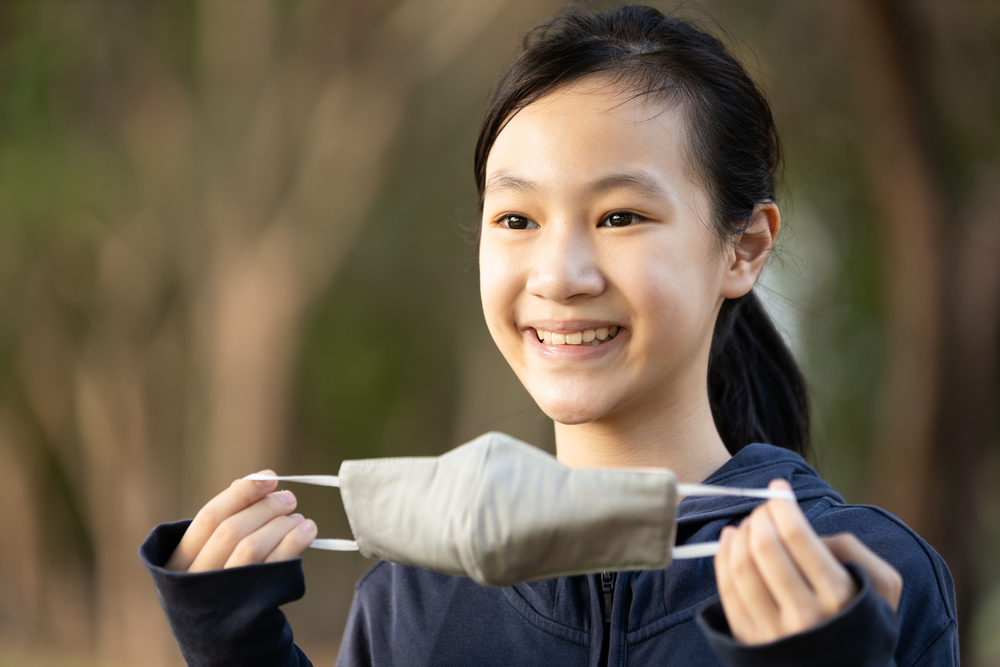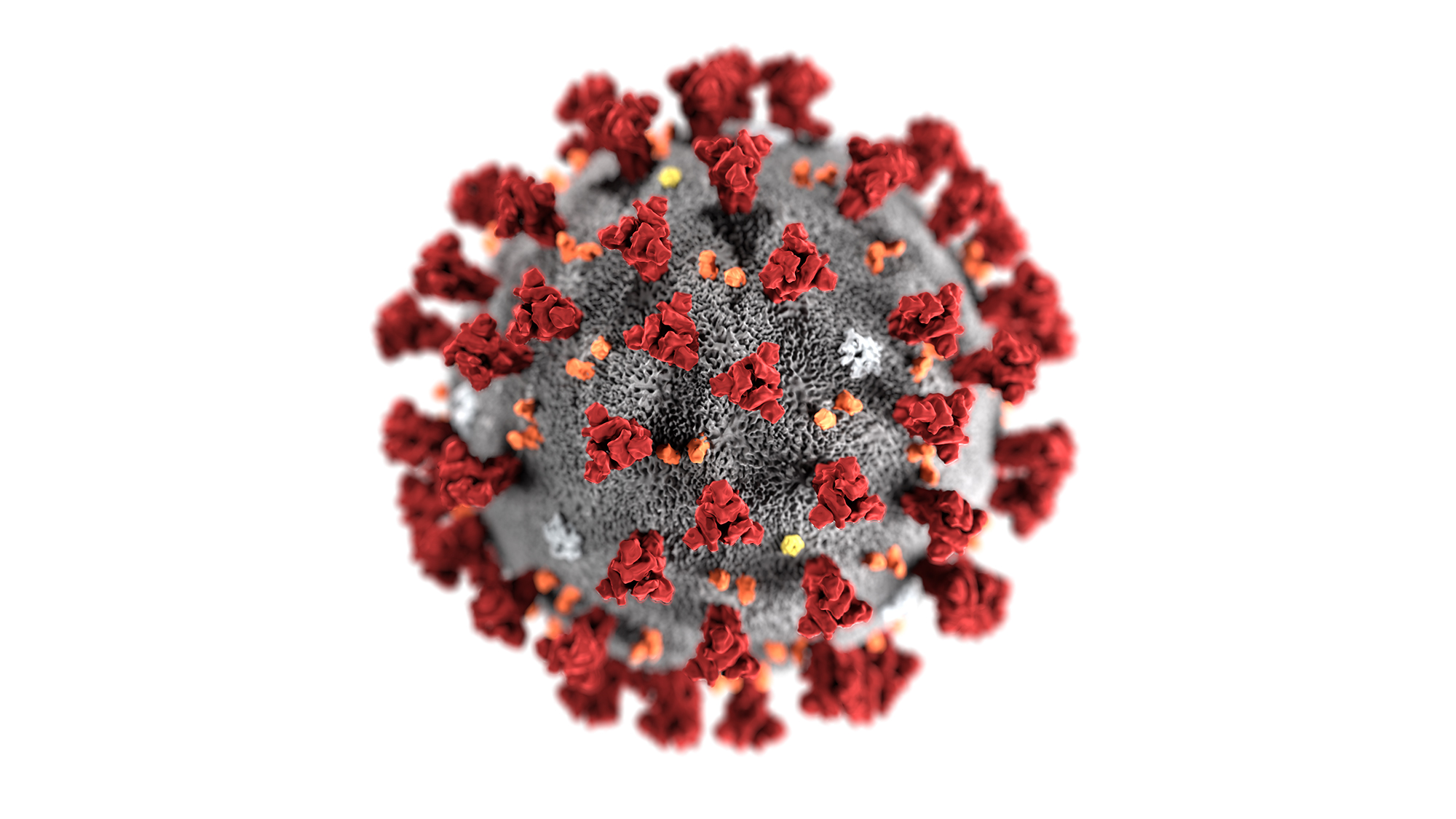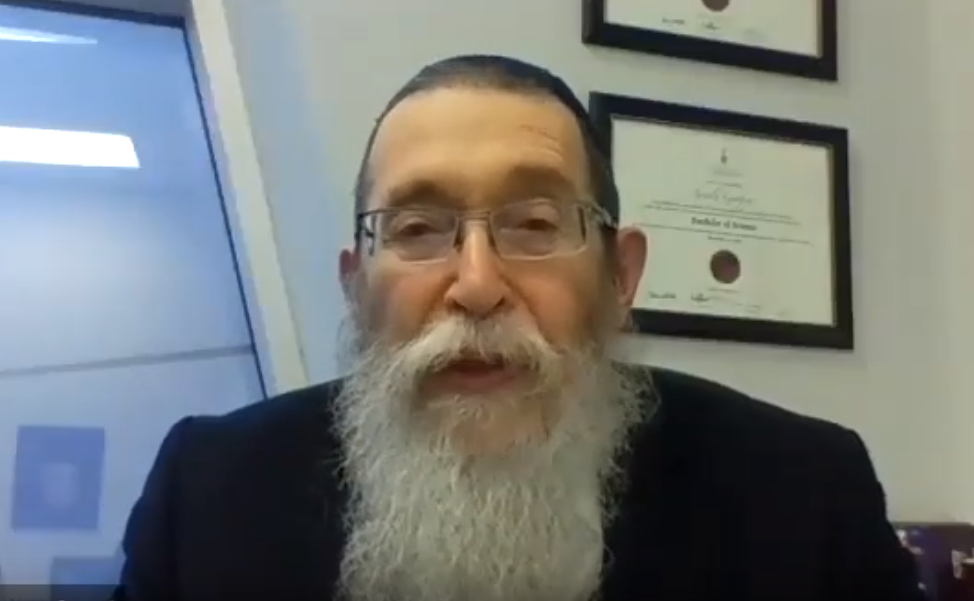One of the common ‘myths’ of ADHD is that parents convince themselves that eventually their child will grow out of it. Rather than trying to address the real issues with their child, they choose to ignore it and hope it will go away.
While it may be true that some behavioural issues that children display when they are young will eventually disappear as they mature, ADHD does not fall into this category.
Doctors today believe that ADHD is a developmental disorder of the brain that impairs the ability to focus on a task to completion and is often associated with hyperactivity and impulsivity. This impairment is not something that naturally improves over time but must be dealt with in a proper way.
How Do You Properly Treat Children with ADHD?
Since the issue of ADHD is created within the brain, the solution must be focused there as well. The new science of neuroplasticity – the brains ability to change itself through activities that strengthen the connections in the brain can be an effective solution. Repetitive activities that pertain to the skills which children with ADHD lack, mainly; attention, language, learning, emotional control, and social behaviour can rewire the brain and change the behaviour.
Sooner is Better than Later
The good news about neuroplasticity is that the earlier you start the better. The longer the brain is allowed to continue without these connections the harder it becomes for it to create them. While it is possible for adults to also retrain their brain, results are quicker and easier to achieve in children. This is why parents that choose to ignore the fact that their child may have ADHD will have a harder time dealing with the problem later.
If you’re in doubt whether your child has ADHD, the best thing to do is fill out our free online evaluation. We will then be in touch with you based on the information provided to help guide you through to the proper solution for your child.
Have personal questions about ADHD? Get a free consultation today and discover how our program can help.
Image courtesy of winnond at FreeDigitalPhotos.net






